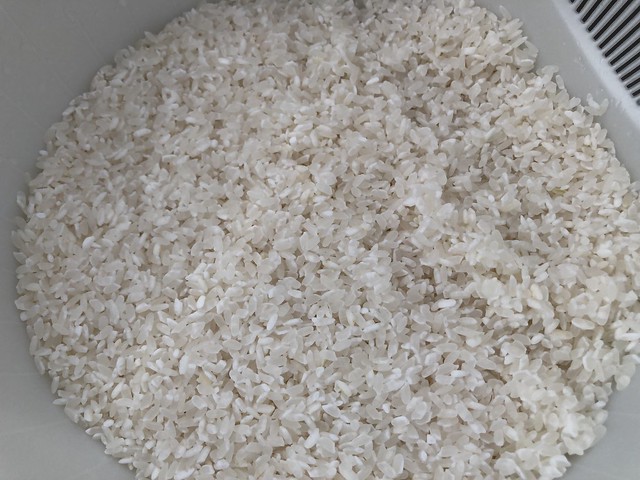In a suburb of Ottawa, there's a river that mostly freezes over in the winter and becomes a trail for snowmobiling enthusiasts. This river narrows as it runs past the backyard of a friend of mine. Narrowing translates to faster water flow, which makes it less likely that the river will freeze over in that location.
My friend tells me that just about every year, one or two unsuspecting snowmobilers come ripping down the river trail and end up going through thin ice and drowning. Just a few years ago, a man and his young daughter tragically died in this way.
Even if you aren't into snowmobiling, cross-country skiing, ice fishing, or other popular outdoor winter activities, it doesn't hurt to know how to maximize your chances of surviving if you fall through ice.
In the following videos, Dr. Gordon Giesbrecht - a thermo-physiologist and professor at the University of Manitoba - shares tips on how to survive after falling into icy cold water. Below the video, you'll find a summary of a few key points to share with loved ones. Read more











